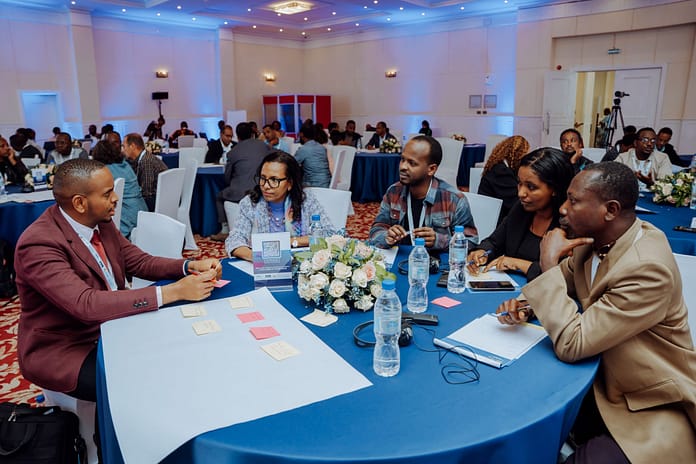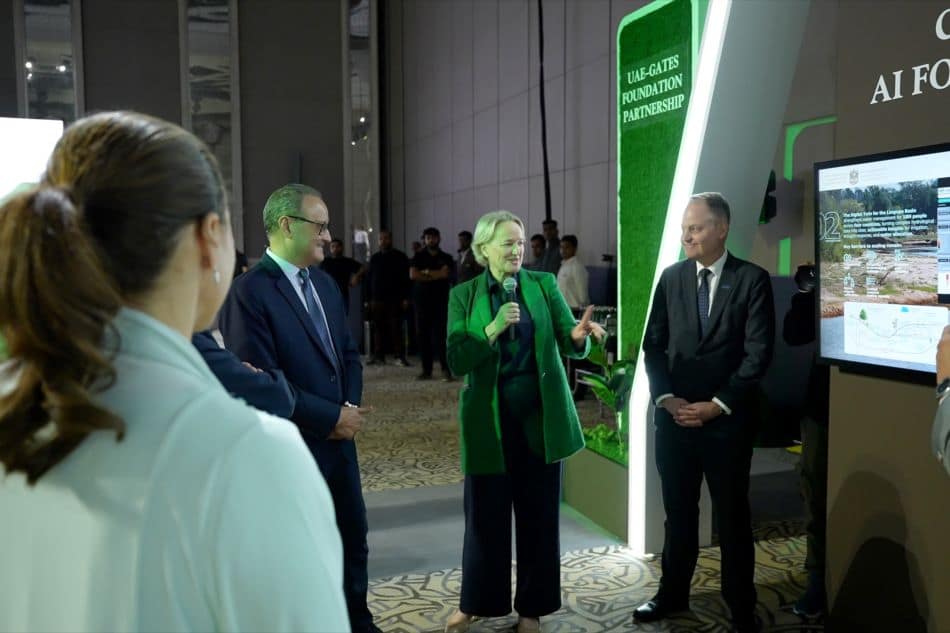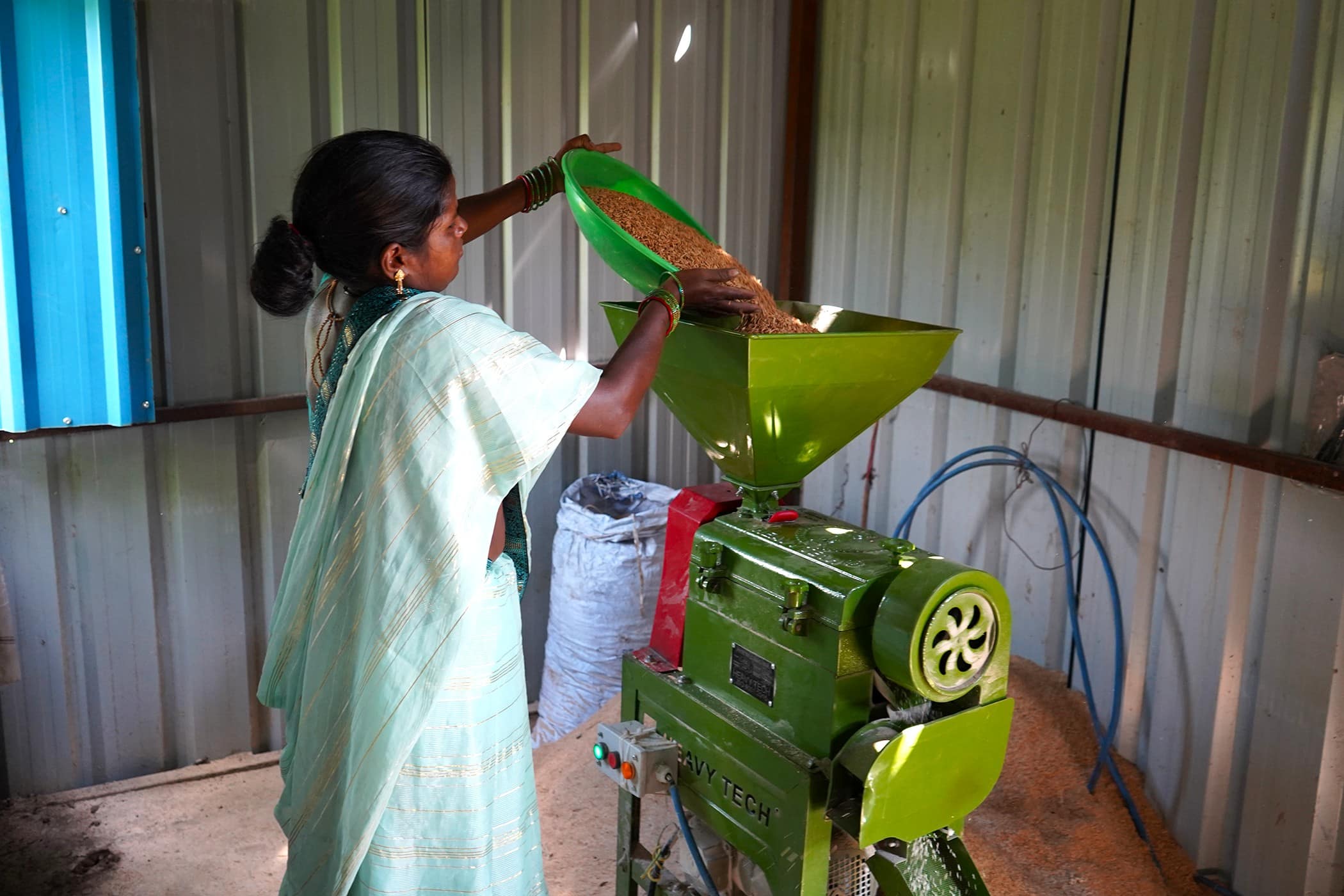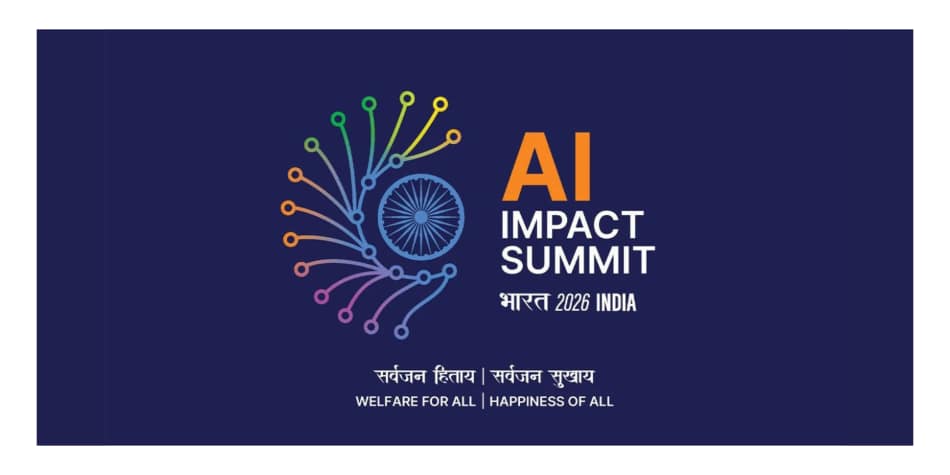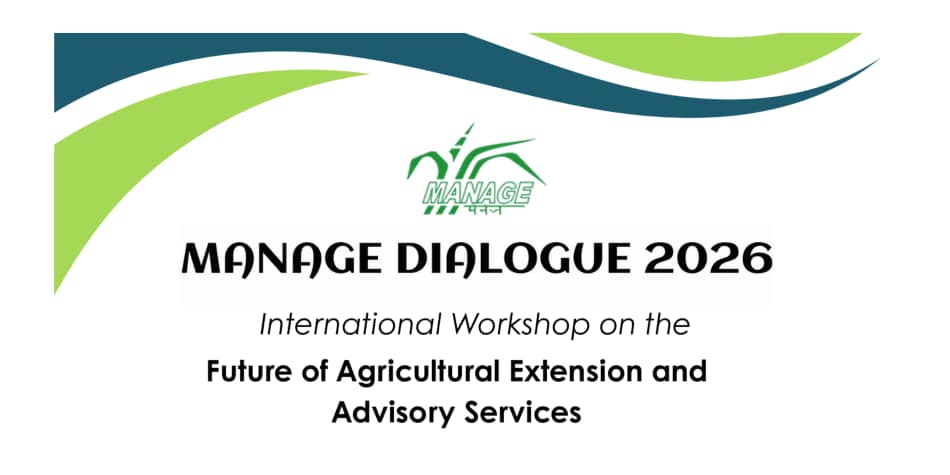IWMI contributes water solutions to UAE AI Ecosystem for Global Agricultural Development
Through CGIAR’s AI Hub, IWMI researchers lend expertise to a global push to apply AI in agriculture and water resilience.
Innovative solar irrigation models inspire South–South learning
Community-managed solar irrigation in India offers scalable lessons for the Global South.
Latest publications
Report
The 2024 CGIAR Ukama Ustawi Research Initiative Pause and Reflect Closeout Workshop
International Water Management Institute | February 18th, 2026
Brief
Managing water quality risks for expanding managed aquifer recharge from village ponds: evidence from the Ramganga Basin in India
International Water Management Institute | February 18th, 2026
Report
Towards developing an Enabling Environment Digital Toolbox: scaling innovations using fit-for-purpose methods
International Water Management Institute | February 18th, 2026
Brief
Digital twin for resilience planning in the Somali Region of Ethiopia
International Water Management Institute | February 18th, 2026


